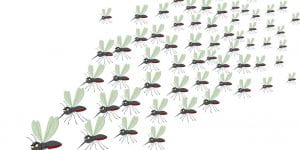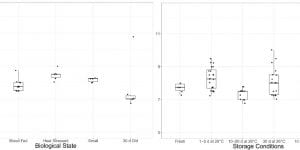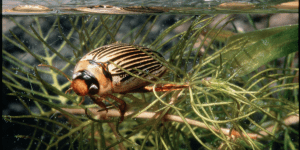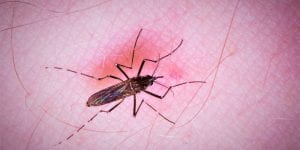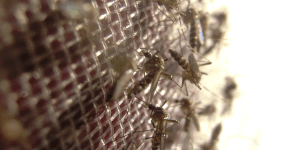Month: November 2019
-
Variability in mosquito host-seeking ability
Words and images: Meng-Jia Lau Behaviour is one of the most complex study areas in biology because it involves a combination of many factors that are often quite variable. In mosquitoes, host-seeking is the behaviour of females seeking a blood meal which provides the extra protein they need in order to lay eggs. The biting […]blogs.unimelb.edu.au/pearg/2019/11/28/variability-in-mosquito-host-seeking-ability
-
Faster and cheaper without compromising quality
Words: Nick Bell When our scientific endeavours leave the lab and move into real-world deployment, a number of challenges crop up. Aside from obvious issues around myriad variables that cannot be controlled as they can in the lab, large scale logistical and financial considerations need to be made when rolling out new operations. This scaling […]blogs.unimelb.edu.au/pearg/2019/11/22/faster-and-cheaper-without-compromising-quality
-
Finding “Nosy Tiger’s” and other oddly named freshwater invertebrates
Words – Eddie Tsrline Images – Eddie Tsyrlin and John Gooderham Towbiters, water scorpions and Nosy Tigers. These are just some the colourful names given to freshwater insects and other invertebrates. And there is a more serious side to these quirky creatures. The Nosy Tigers are a diving beetle larva with a peculiarly elongated head. […] -
Establishment of Wolbachia Strain wAlbB in Malaysian Populations of Aedes aegypti for Dengue Control
Our freshly published open access paper in Current Biology is the culmination of several years of work with a large team of very talented and dedicated researchers. Rather than rehash the story here, please see press releases below: Press release from the UniMelb newsroom (alternatively at Bio21’s siteBio21’s site or at SciMex) Brief summary article […] -
Lab-reared mosquitoes maintain their lust for blood
Words and images: Perran Ross Modified mosquitoes raised in laboratories are being released into the wild in disease control programs. These mosquitoes will still bite you, but they’re less capable of transmitting the viruses that cause dengue fever, Zika and more. This antiviral effect is caused by infection with a bacterium called Wolbachia, which occurs […]blogs.unimelb.edu.au/pearg/2019/11/07/lab-reared-mosquitoes-maintain-their-lust-for-blood
